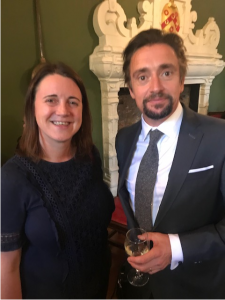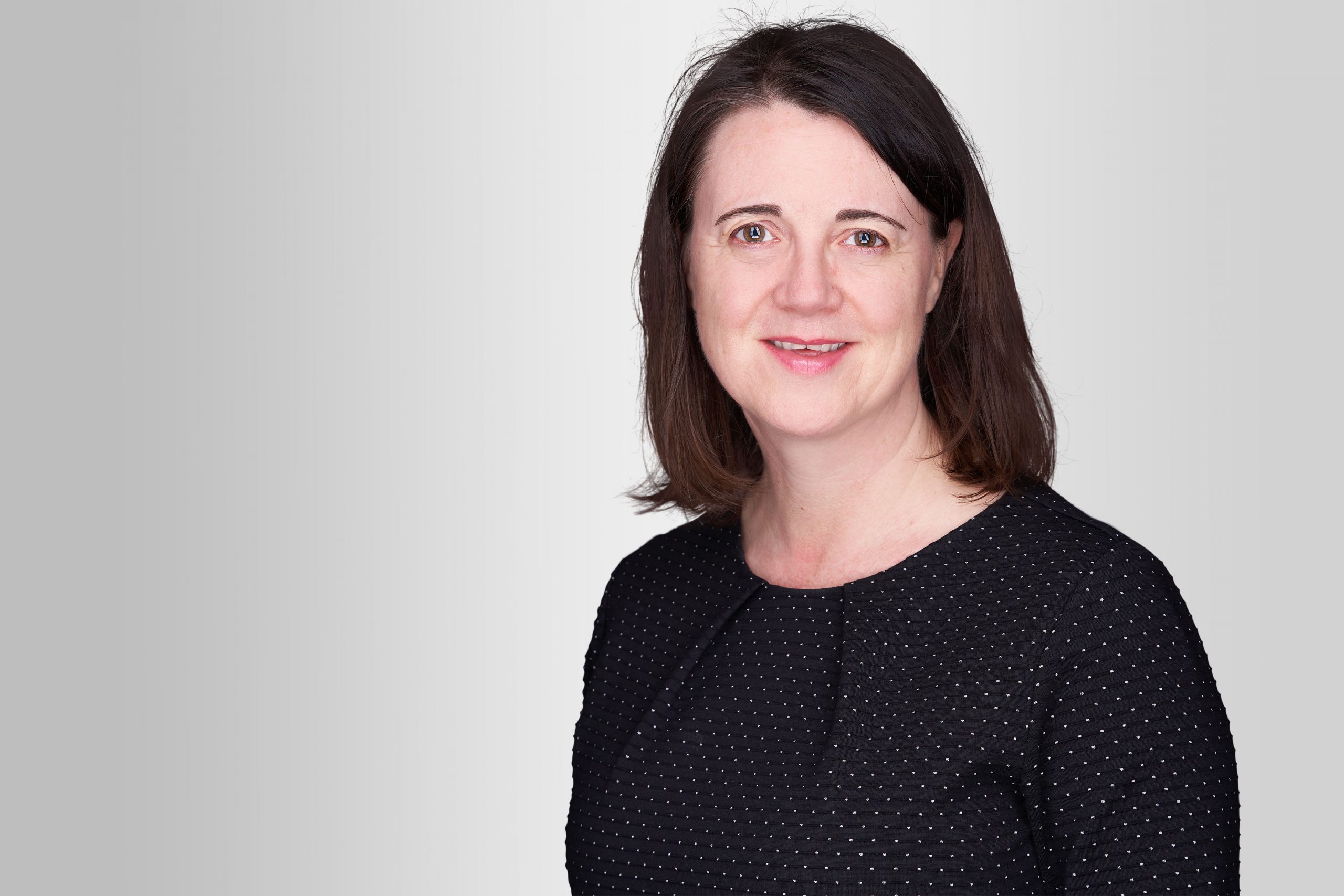Recovery and rehabilitation after brain injury – personal account by Richard Hammond
The effects of brain injury on an individual vary widely depending upon which part of the brain has been damaged and how severe the injury is. Brain cells do not regenerate when they are destroyed, unlike most other cells in the body. However, in certain circumstances, it is possible for the brain to recover some or all of its lost functions by other areas of the brain compensating for the damaged areas. New nerve pathways can be established using undamaged brain cells.
Rehabilitation after a brain injury helps the brain to learn alternate ways of working, in order to reduce the long-term impact of the brain injury.
I recently attended a conference organised by independent financial advisors, Chase de Vere. It was an interesting day examining how brain injury can impact on the injured party and affect day to day aspects of their life. The conference ended with guest speaker Richard Hammond (presenter, writer and journalist, best known for co-hosting Top Gear and more recently The Grand Tour) giving a personal account of his recovery from brain injury.
In 2006 Hammond suffered serious head injuries after the tyre blew on his jet powered dragster whilst travelling at over 300mph. The car spun out of control. He was airlifted to hospital where he remained in a coma for two weeks and then was moved to a private location to recover. Rather surprisingly Hammond explained that the only physical injuries he sustained from the accident included a large swollen bruised eye and some relatively minor scratches on his leg. However, as is common with brain injury, he was left with significant psychological injuries, leaving him prone to depression, losing his temper and he also spoke of memory loss, obsessive and compulsive behaviour as well as paranoia. He was not aware at the time that this was a manifestation of his brain injury.
Psychological recovery from a brain injury can take considerably longer than physical recovery. Psychological problems often cause longer term difficulties, particularly for family members. Hammond explained how difficult it had been for his wife and daughters and for those who he worked with, following the accident. He found himself questioning on occasions whether certain negative behaviour or memory loss was the result of his brain injury or part of who he was prior to the accident.
Rehabilitation after brain injury is largely unpredictable due to the fact that every injury is unique. Chances of recovery improve with the right support in place. Hammond gave a heartfelt and remarkably eloquent account of his personal experience and recovery from brain injury. He attributed his own successful rehabilitation to the support he received from his family and the team around him. Hammond has been an ambassador for UK children’s brain injury charity The Children’s Trust in Tadworth for many years.
If you (or your loved one) have suffered a brain injury, it is important that you have the right support in place to ensure that you make as full a recovery as possible. It is important to receive advice from a solicitor who understands the full range of effects brain injury can have, so that they can maximise your compensation and ensure that you have a good support package to help you to reach your full potential. At Anthony Gold Solicitors we understand that children and adults with special needs, as a result of injury or disability, require specialist tailored support to ensure that those needs are met.
If you have suffered an injury as a result of an accident, our personal injury team will be able to provide you with advice. If you require support in setting up a support package with your compensation, or you require someone to assist you to make important decisions, our Court of Protection team can assist.
Nicola Gunn
0207 940 4057
nicola.gunn@anthonygold.co.uk
Partner in Family and Court of Protection teams


Many thanks for taking the time to leave a review, it is much appreciated. We are glad you liked the blog.